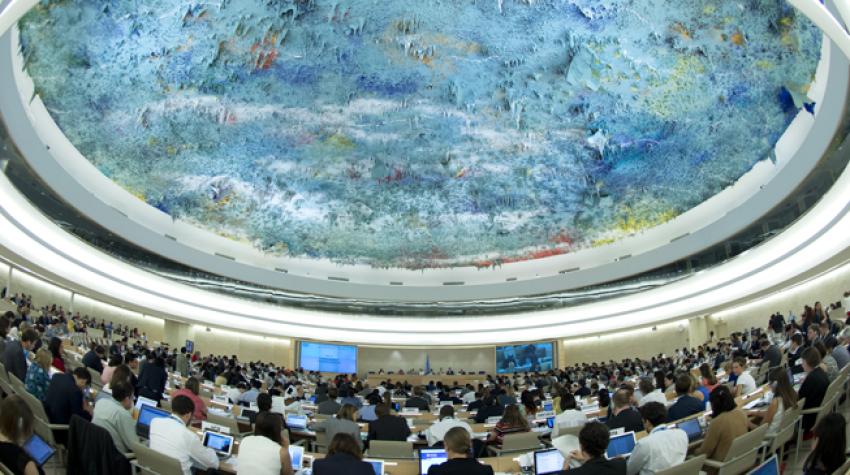
Protection of Human Rights under Universal International Law
The United Nations was founded in the aftermath of the Second World War primarily as a guardian of peace and security in the world. From the very outset, the founders were aware of the close connection between peace and human rights: only under conditions of peace can human beings achieve full enjoyment of their rights. Never again should people be haunted by atrocities; never again should they become the victims of such genocidal policies as had devastated societies throughout Europe.

Cyberbullying and Its Implications for Human Rights
A world that is truly fair and equal requires a culture of respect and mutual understanding. An interconnected world requires communication standards to which all adhere. With that goal in mind, we still have a long journey ahead of us.
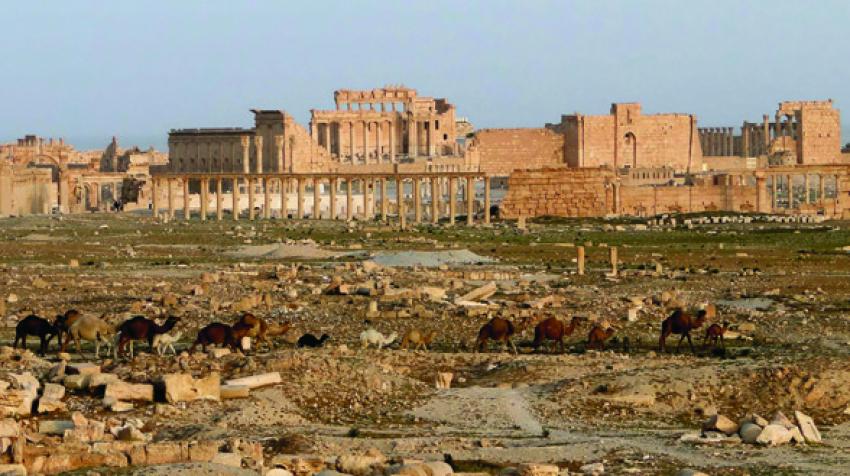
The Responsibility to Protect
The past decade has shown us that collective and coordinated action can make a difference. The next period of implementation of the RtoP must continue to build on the concrete advances that have been made—and to learn the lessons from past efforts to protect. This redoubling of our collective commitment will ensure that the principle continues to inspire and to catalyse action, delivering more effective protection for all populations.

Foreword
Contributors to this issue of the UN Chronicle were asked to look back on the half-century since the adoption of the Covenants and take stock of the status of those rights and the functioning of the United Nations human rights machinery—the various treaties, offices and programmes designed to protect and promote the freedoms enshrined in the Covenants and the Universal Declaration, collectively known as the International Bill of Human Rights.
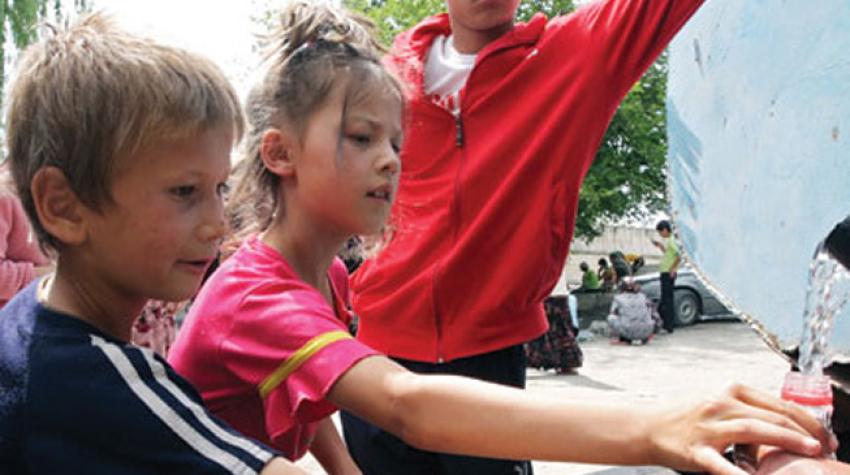
The Evolving Role of the United Nations in Securing Human Rights
From the vantage point of the twenty-first century, it is sometimes easy to forget just how revolutionary the concept of human rights is. Few who witnessed the adoption of the Universal Declaration of Human Rights in 1948 could have imagined its impact over the last seven decades. International law no longer governs only relations among States. Rather, the treatment of individuals by States is a matter of international law and concern.

I'm Not Broken, Just Bent
Once driven out of their homes, away from all that is familiar, and everything they have has been taken away, refugees struggle to find any kind of connection to their motherland. Through language and culture, they hold on to the memories of their departed loved ones and ancestors. When everything around them is changing, refugees can only ask for their hearts to remain true to who they are.
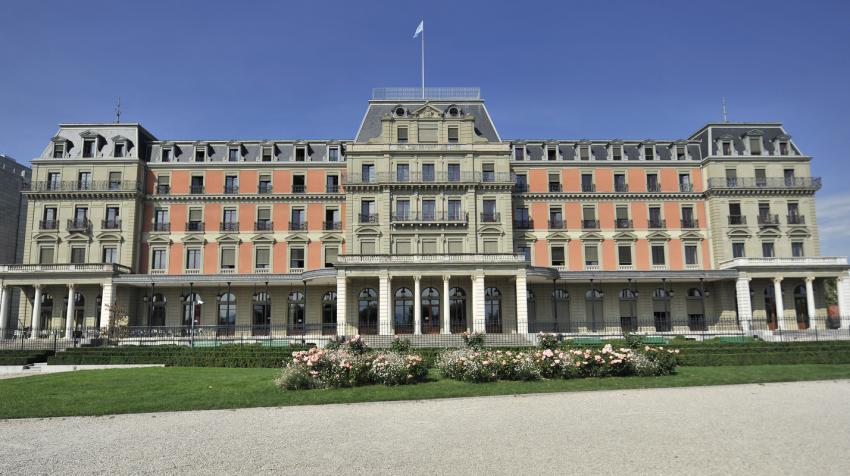
A Midlife Crisis for the Treaty-Based Human Rights System?
From the work of experts on human rights treaty bodies, such as the Committee on Economic, Social and Cultural Rights and the Human Rights Committee, to the recent regular Universal Periodic Review of all countries' rights records by the Human Rights Council, there is now an expansive global structure to assess, monitor and criticize human rights violations.
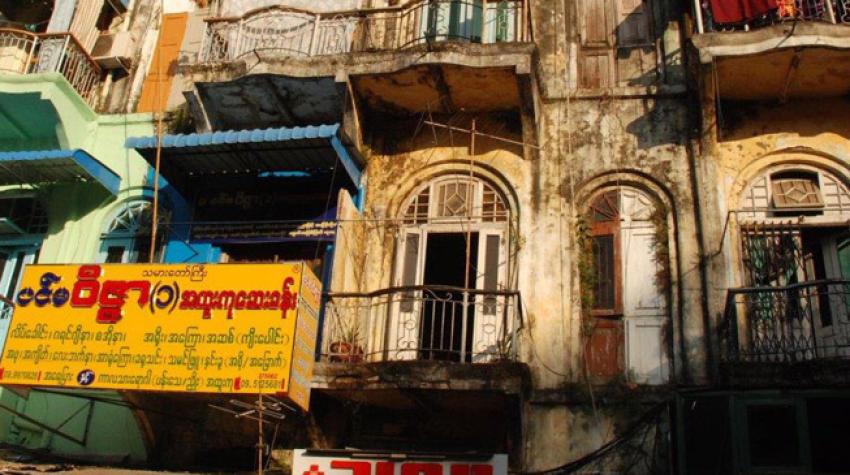
Cities for People and by People
This century will see a substantial majority of the world's population living in urban centers. The United Nations Conference on Housing and Sustainable Urban Development (Habitat III), to be held in Quito, Ecuador, from 17 to 20 October 2016, therefore has as its mission the adoption of the New Urban Agenda, an action-oriented outcome document that will set global standards of achievement in sustainable urban development.

Foreword
Member States meeting in Quito will adopt the New Urban Agenda, an action-oriented document that will set global standards for sustainable urban development. The Agenda will shape a new paradigm for building, managing and living in cities, relying on cooperation between partners, stakeholders, and urban actors at all levels of government, as well as the private sector.
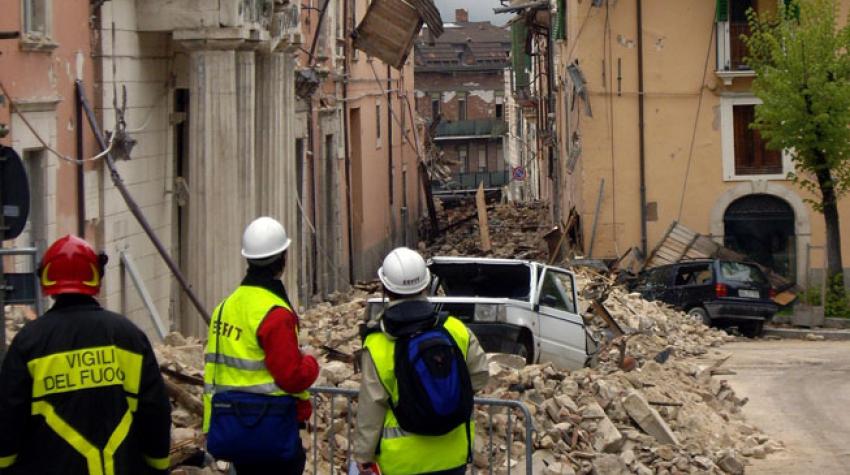
The Relevance of Soft Infrastructure in Disaster Management and Risk Reduction
The increasing frequency and severity of both natural and technological disasters in the world, especially but not exclusively in urban areas, put cities at the centre of discussion among practitioners and scholars alike, raising fundamental questions about nature and society, about development and technology.
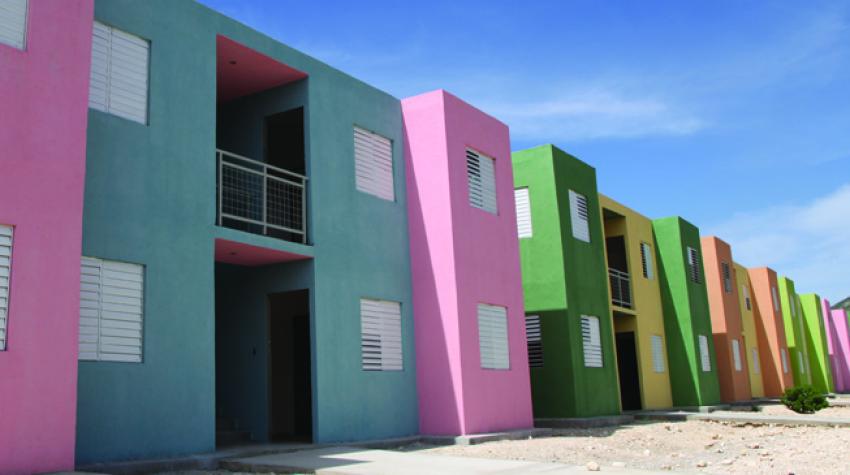
Learning from Local Building Cultures to Improve Housing Project Sustainability
The history of construction shows that builders have always been creative in adapting and upgrading housing structures by making the best use of locally available resources to meet their needs, while taking into account local economic, social and climatic constraints. Societies worldwide have developed building cultures that result in 'contextual' architecture, corresponding to unique construction methods and specific ways of life.
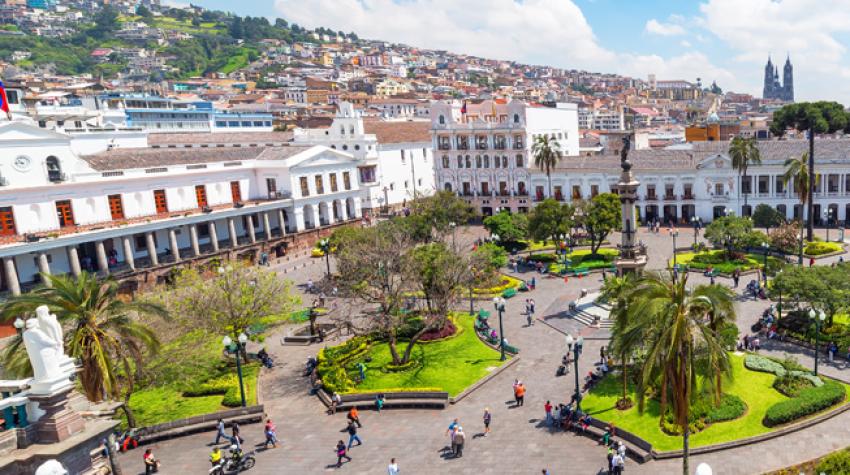
Habitat III Is the Citizens' Conference of the United Nations
Habitat III is set to present a historical paradigm shift of urbanization as a tool for development. The Conference conveys a clear message that the pattern of urbanization needs to change in order to better respond to the challenges of our time and to address issues such as inequality, climate change, informality, insecurity and the unsustainable forms of urban expansion.
